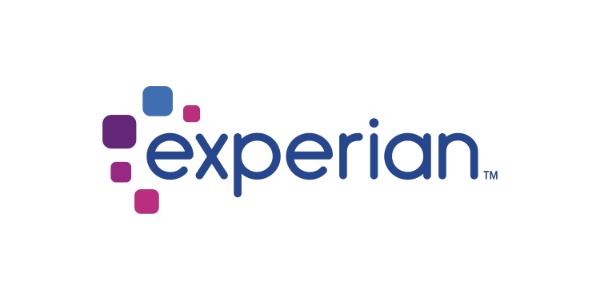So, how do I get a better credit score?
Here are a few tips on how to get a better credit score
Register to vote
If you’re not on the electoral roll, it’s much harder to get accepted for credit, so sign up immediately. Don’t wait for the annual reminder, apply at any time on Gov.uk.
Never miss or be late on any current payments
Even if you’re struggling, try not to default or miss payments, it can have a disproportionate hit. Doing this once or twice could cause problems that can cost you for years. Defaults in the previous 12 months will hurt you the most.
Check for mistakes on your file
Even having just a slightly wrong address can have an impact on your score. So, make sure you check all the details and report any incorrect information immediately.
Pay your bills on time
Paying on time a phone landline or internet contract is a great way to prove to lenders that you’re capable of managing finances effectively.
Check if you’re linked to another person
Having a spouse, friend or family member’s credit rating linked to yours through a joint account could affect your personal rating if they have a poor score.
Check for fraudulent activity
If something on your credit report is incorrect or doesn’t apply to you, i.e. if someone applied for credit in your name without your knowledge, contact the credit reference agency immediately to have your file updated.
Court actions for debt
Receiving any court judgements for debt will have a serious impact on your credit score. If you’re having problems keeping up with payments, find free debt advice online.
High levels of existing debt
Ideally you should pay off any outstanding debt before applying for new credit. This is because banks, building societies and credit card companies might be hesitant about lending you more if you already have a lot of current debt.
Moving home a lot
Lenders feel more comfortable if they see evidence that you have lived at one address for some time. Be sure to bear this in mind.
If you’re struggling to improve your score, it might be worth considering signing up to a one month free trial membership offered by the main credit agencies.
If you are a tenant you may also consider signing up to the Rental Exchange initiative. This will allow your rent payments to go towards building your credit score. You can find more information here.



